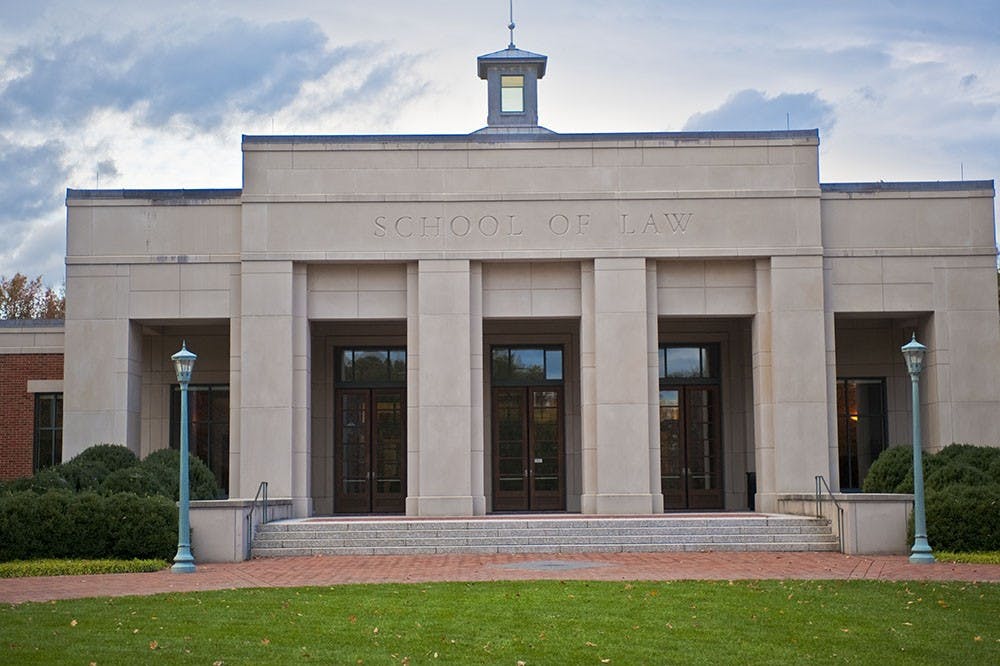The University Federalist Society hosted Law Prof. Douglas Laycock Thursday to discuss his involvement as a defense attorney in the Supreme Court's Holt v. Hobbs case.
The case, heard by the Supreme Court Tuesday, centers on Arkansas prisoner Gregory Holt’s right to grow a half-inch beard in accordance with his Islamic beliefs, a practice which violates Arkansas prisons' grooming policies.
“The major question was how do you administer deference,” Laycock said.
Laycock said the case examined whether it was more important to defer to the authority of the prison system or respect an individual’s religious beliefs. The Religious Land Use and Institutionalized Persons Act prohibits states from restricting a prisoner’s right to exercise his or her religion.
“To some extent, we struggled with finding a quick short answer to what deference should look like in terms of compelling interest,” Laycock said. “Our view was how much deference is due? Deference has to be earned. Is deference expertise? They have to show they have some expertise.”
Laycock was very optimistic about his court performance and the outcome of the case.
“From our perspective, the argument went very well,” he said. “The way I try to prepare for an oral argument is I always take with me a manilla folder, no papers inside of it, and a list of points. On Tuesday, not only did I get to make those points — I ran out of points. And then I actually got to use a rebuttal. I never get to use a rebuttal.”
Second-year Law student Zach Cohen, who watched the case unfold, was impressed by Laycock’s Tuesday performance.
“Being in the Supreme Court and watching your professor, the person you see three times a week, argue before the nine justices was a real surreal experience,” Cohen said. “I think that Professor Laycock did a really great job of getting to the heart of the issue and sort of countering the points that the State of Arkansas was bringing up.”
Laycock also discussed what he said were the weakness of Arkansas’ argument, saying 43 prison systems allow beards, and Arkansas was unable to cite any records showing the danger inherent to allowing beards in prison. The one record they did cite turned out to be inaccurate.
“The problem for Arkansas was they really didn’t have a record of any danger,” Laycock said. “They heavily cite in their brief another case where a prisoner got a quarter-inch beard. So in our case, they explained how a quarter-inch is greatly different from a half-inch beard. In the other case, officials take the stance that a quarter-inch beard is just as dangerous, which is completely contradictory. Their one example went away because it turned out to be false.”
Law Prof. Micah Schwartzman also spoke about the case, and appeared equally hopeful the Supreme Court will rule in favor of Holt.
“I think the nice thing about Holt v. Hobbs is there still remains some importance on the value of religious litigation,” Schwartzman said. “It seems like there still is an important consensus that the state, when it burdens religion, should have an important reason to do so.”







